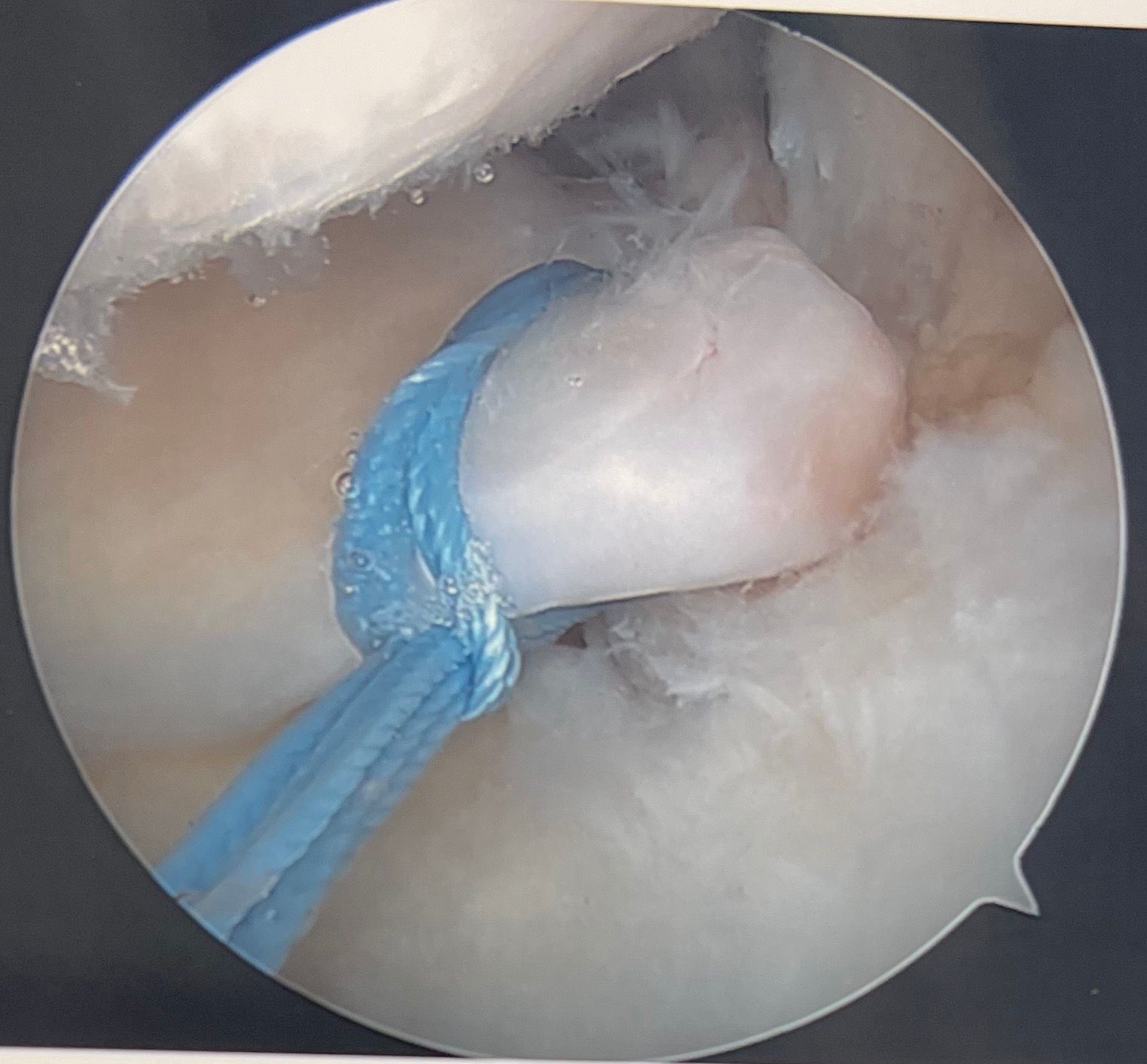Meniscus is a C-shaped piece of hard cartilage that functions as a cushion in the knee. A torn meniscus results in sharp pain in the knee, sometimes swelling and stiffness. It can also impede knee movement and prevent the knee from fully straightening.
There are many treatment options available for a meniscus tear. Sound knowledge and understanding of its mechanics and biology is the key to success. Prof Lee and the MSK Doctors team have invested in the latest technology in knee science which can track knee movement to provide appropriate diagnosis, treatments, and rehab for meniscus issues.
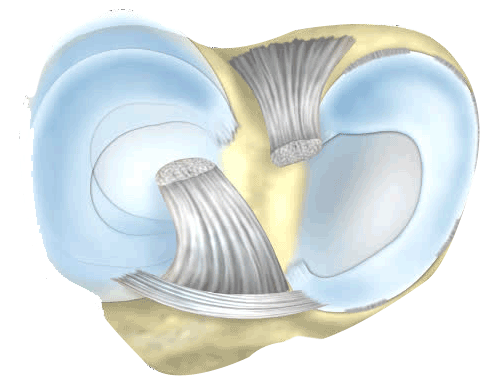
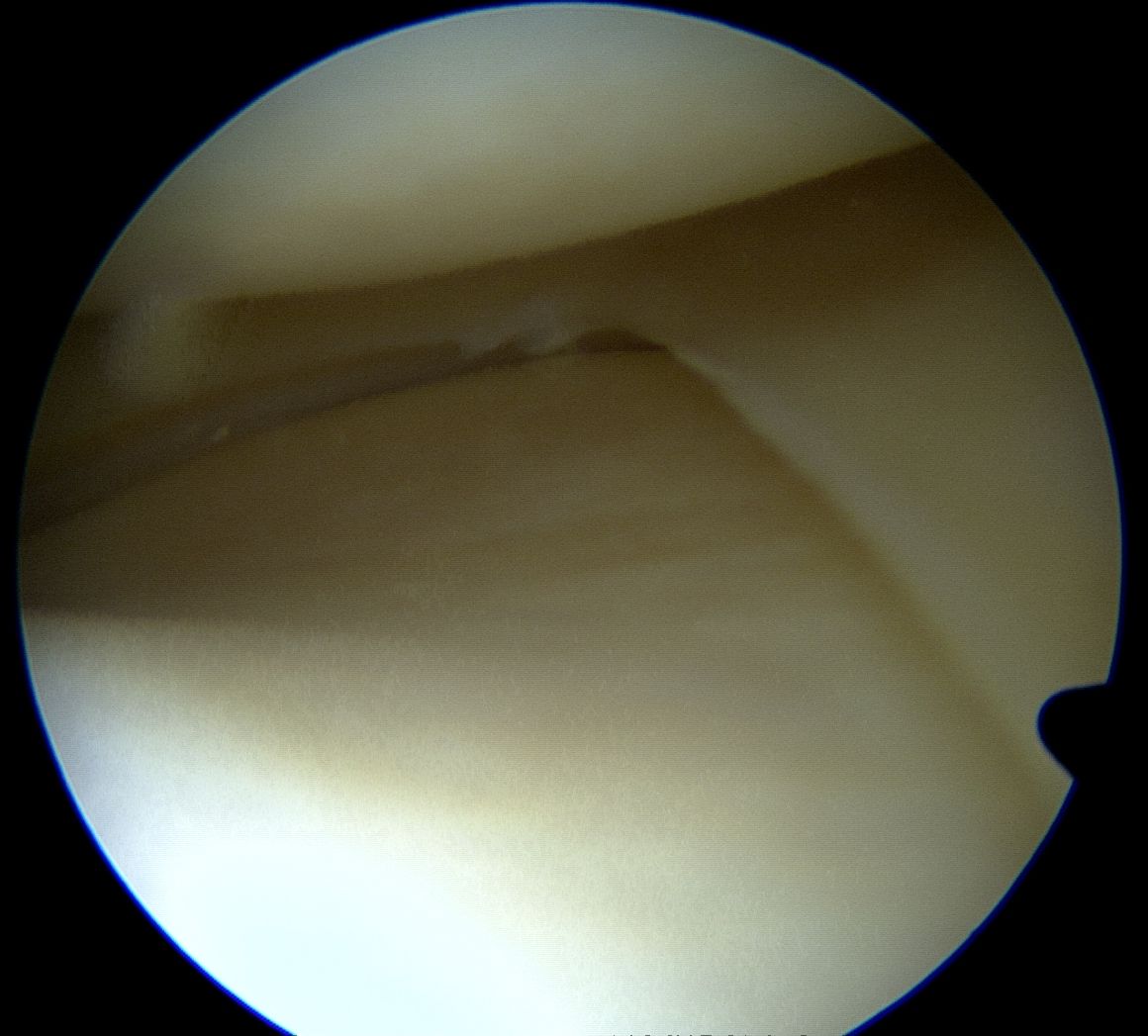
Meniscus tears are common, and they usually occur as a result of a twisting motion. The shear force acting across the meniscus when combining twisting and bending motions can cause a tear.
Meniscus tears present themselves through pain in the knee. This pain is often sharp and related to bending motions. Some patients describe it as ‘knife stabbing pain’ inside the knee.
Symptoms include:
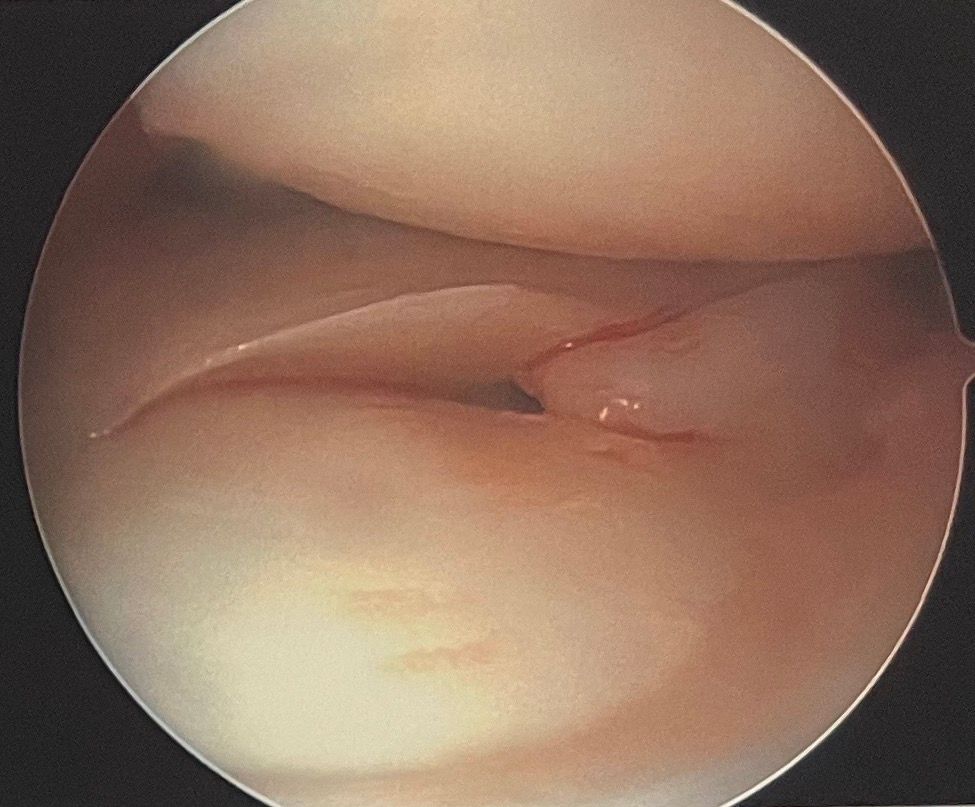
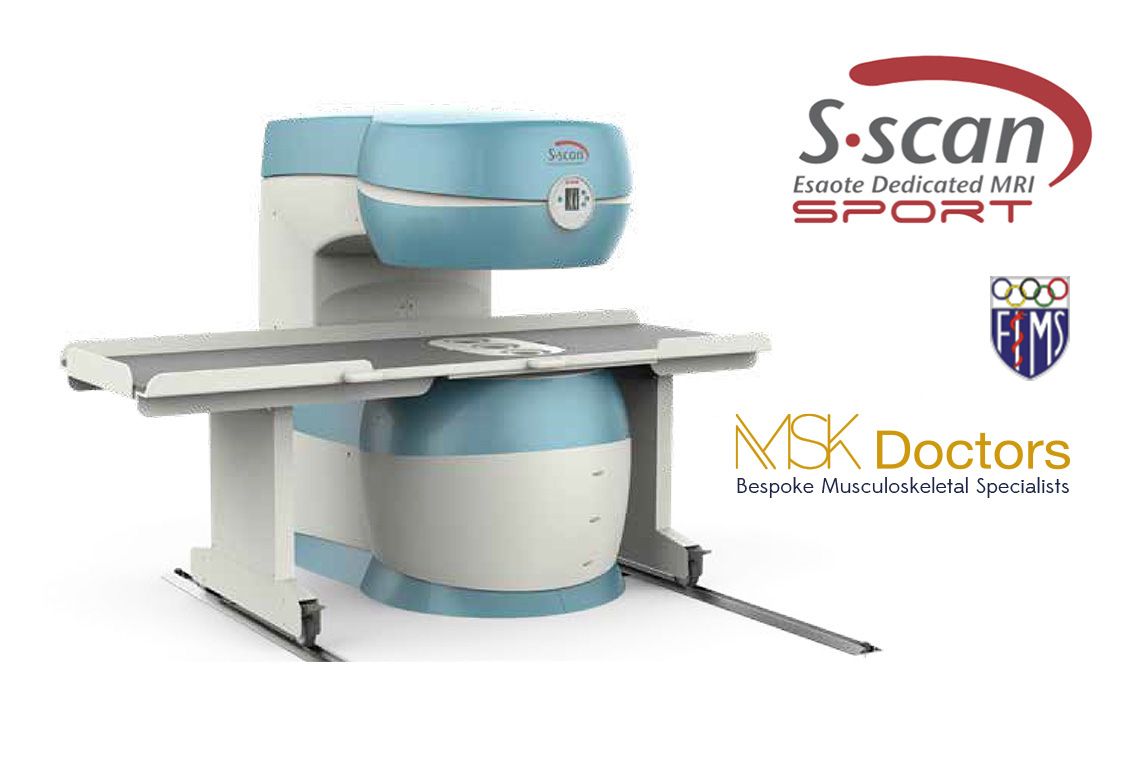
MRI scan is a gold standard in the diagnosis of meniscus tear, a dedicated MRI scanner would be extremely useful to assess the size, shape, and location of the tear. If your doctor or physiotherapist are suspecting meniscus damage based on your symptoms and a physical examination of your knee, it would be a good idea to have an MRI scan prior to seeing the specialist in the Lincolnshire Knee Clinic. You can refer yourself for an MRI scan, or come to our one stop knee clinic for assessment.
The goal of treatment for meniscus damage is to relieve pain and restore function, depending on the findings from the MRI scan, surgery may or may not be necessary. It is important to seek the correct specialist advice before embarking on treatment options.
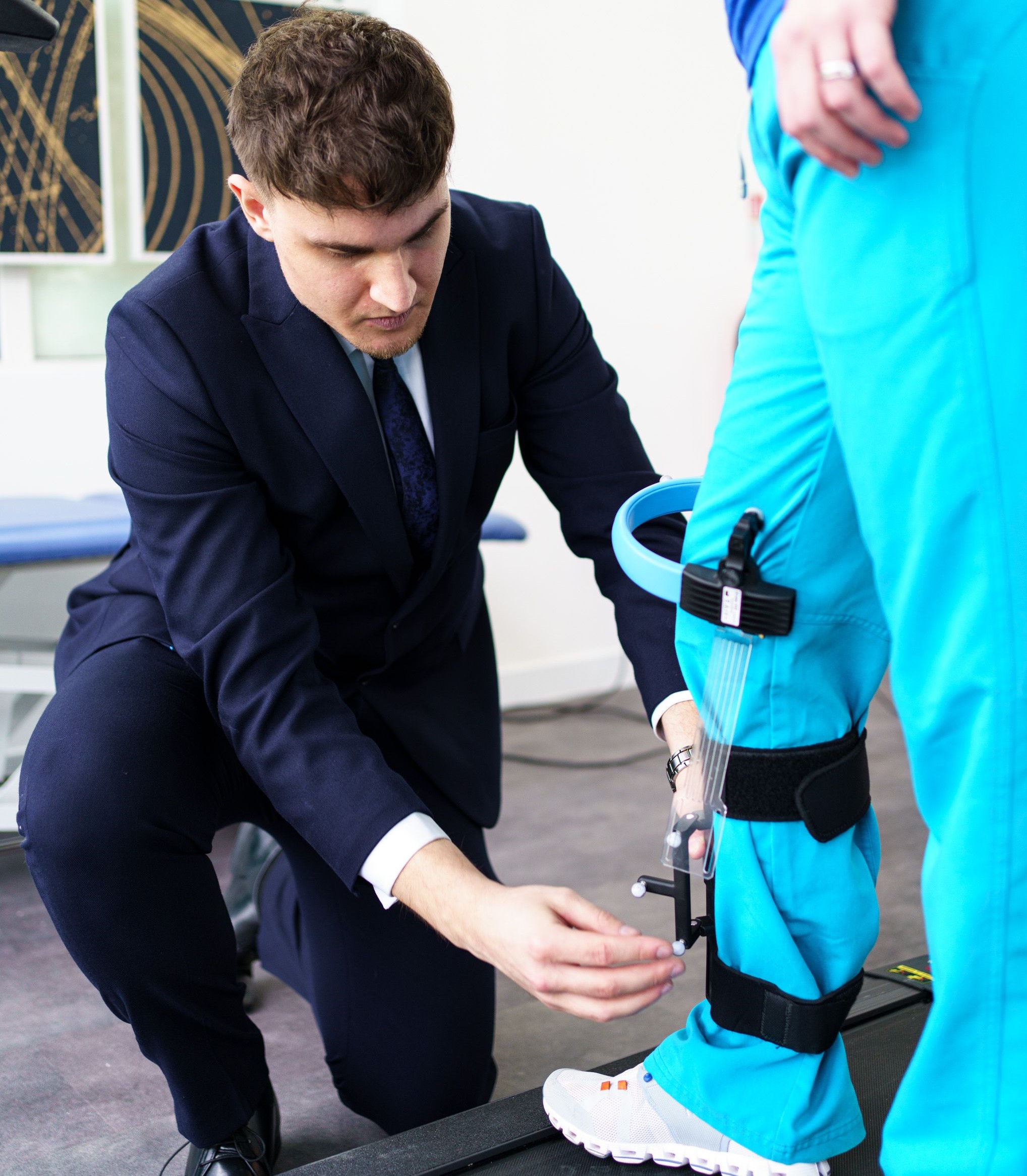
Rest and ice to reduce swelling and pain. Physiotherapy that strengthens the muscles around the knee can help to stabilize the joint and reduce pain.
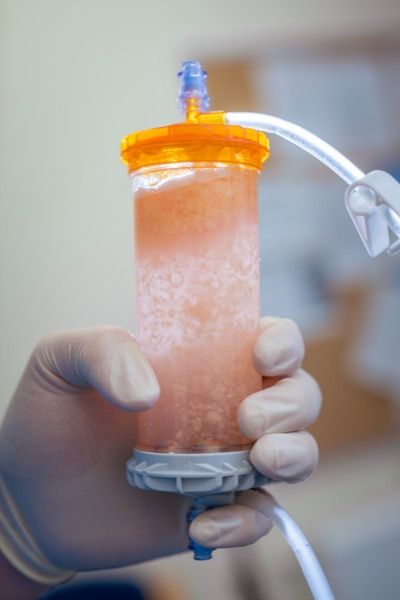
Lorem ipsum dolor sit amet, consectetur adipisicing elit. Fuga, ad dolores sit culpa dicta doloremque cupiditate molestiae!
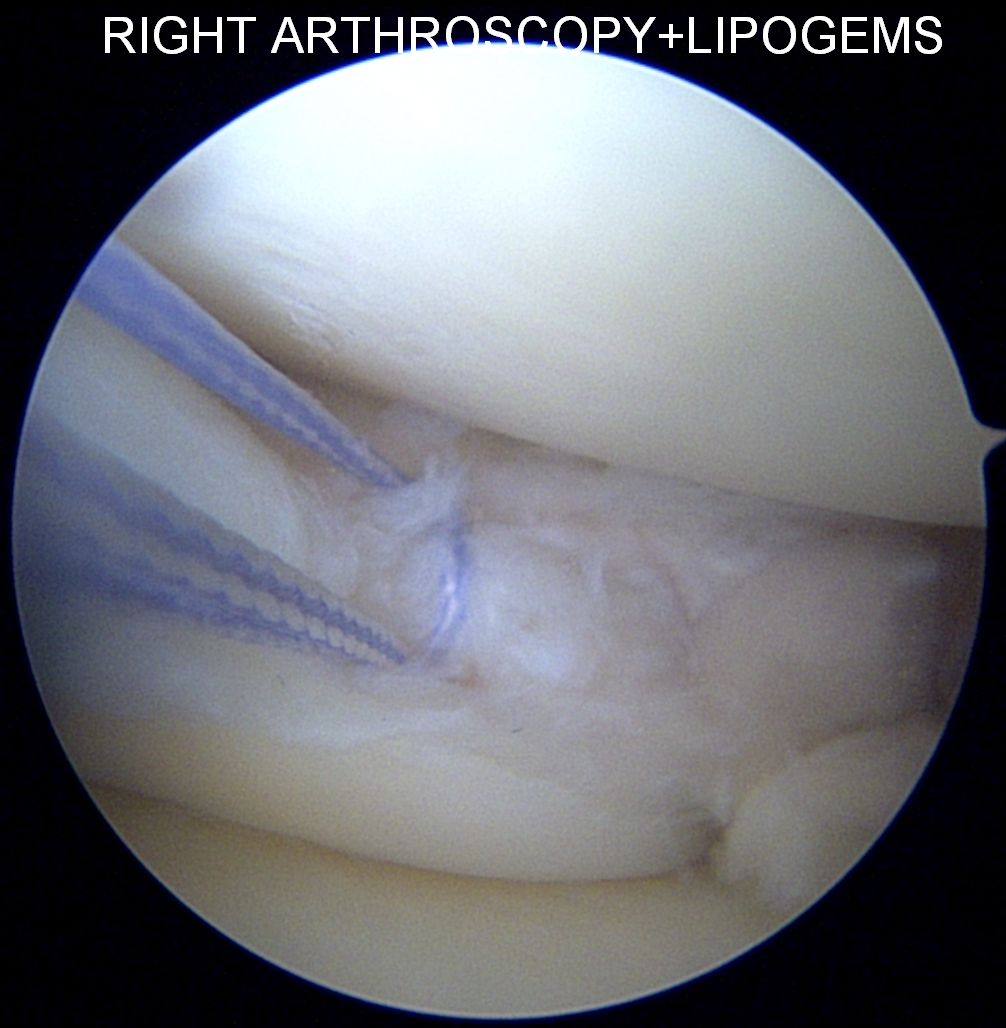
In some cases, surgery may be necessary to repair or remove the damaged portion of the meniscus.
Depending on the location, timing, and associated conditions with the meniscus, the chance of success ranges from 60% to 85%. Meniscus repair is a complex surgery, biological substances like growth factors, scaffold and cells can be very useful to improve the chance for success.
